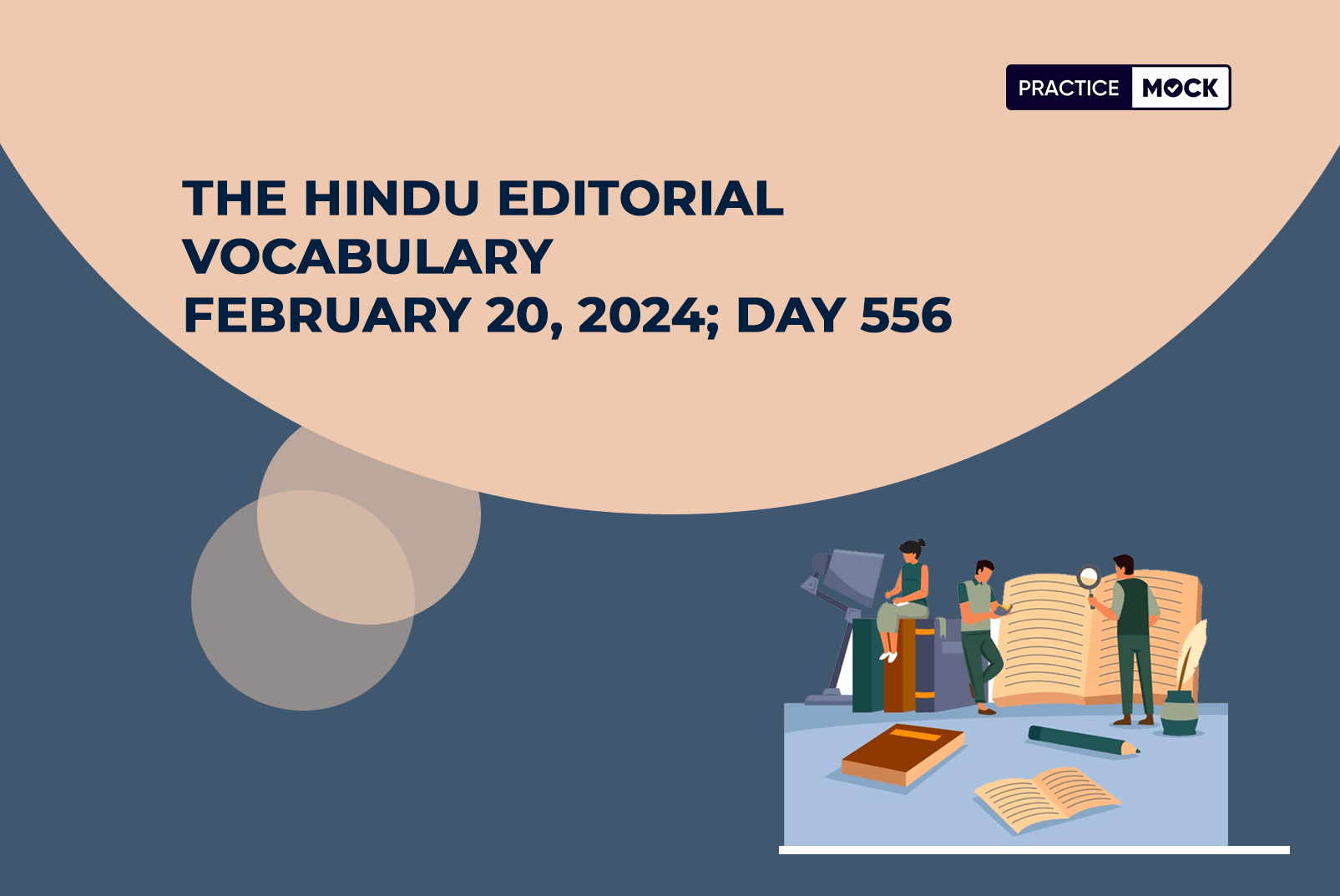| Difficult Word/ Phrase | Contextual Sense |
| Symbolism | The use of symbols to represent ideas, or the meaning of something as a symbol |
| Invalidated | To prove that an opinion, argument, etc. is wrong |
| Fundamental | Forming the base, from which everything else develops |
| Autonomy | The right of an organization, country, or region to be independent and govern itself |
| Crucial | Extremely important or necessary |
| Conclave | A private meeting at which the discussions are kept secret |
| Converting | To (cause something or someone to) change in form or character |
| Raft | A large amount or number of something |
| Repurposed | To find a new use for an idea, product, or building |
| Offensive | Used for attacking |
| Shrouded | To hide something by covering or surrounding it |
| Transparency | The characteristic of being easy to see through |
| Resolution | An official decision that is made after a group or organization has voted |
| Simultaneously | Happening or being done at exactly the same time |
| Constantly | All the time or often |
| Combat | A fight between two people or things |
Combat mode: On the BJP and the general election 2024 campaign
The BJP hides its failings by adopting an aggressive strategy
The National Council Meeting of the Bharatiya Janata Party (BJP) in Delhi on February 17 and 18 has set the tone for the party’s Lok Sabha election campaign. Prime Minister Narendra Modi set the party a target of winning 370 seats in the Lok Sabha, compared to the 303 seats that it had won in the 2019 general election. The symbolism (the use of symbols to represent ideas, or the meaning of something as a symbol) of the number is about Article 370, which his government invalidated (to prove that an opinion, argument, etc. is wrong) in fulfilment of a fundamental (forming the base, from which everything else develops) principle of the party. The hollowing of Article 370 that provided a notion of autonomy (the right of an organization, country, or region to be independent and govern itself) to Jammu and Kashmir, and the construction of a Ram temple in Ayodhya were two of the three issues that have propelled the BJP’s rise. Having fulfilled them during his second term, Mr. Modi has staked claim to a third, which he said was crucial (extremely important or necessary) for the country. In fact, he has raised the stakes by setting a higher target of 370 seats and an additional 370 votes in every polling booth which, if met, can raise the party’s voteshare above 50%. Mr. Modi has also told the party leaders that only the symbol, and not the candidates, mattered. A lot many of the sitting Members of Parliament of the BJP are expected to make way for new candidates.
The peripherality of individual candidates of the BJP is also linked to the centrality of Mr. Modi in the election, which was clear at the conclave (a private meeting at which the discussions are kept secret). The party will also focus on converting (to (cause something or someone to) change in form or character) the raft (a large amount or number of something) of welfare measures that it has either launched or repurposed (to find a new use for an idea, product, or building) into votes. Alongside revving up its organisational engine, the BJP is also seeking to expand its footprint by the continuous induction of leaders from other political parties on the one hand, and tying up alliances with regional parties on the other. Union Home Minister Amit Shah’s sharp attack on the Opposition on the question of corruption and dynastic succession, indicated that the party will remain in offensive (used for attacking) mode in the run-up to the general election. Its opportunistic alliances with leaders and parties that it has accused of corruption are shrouded (to hide something by covering or surrounding it) by claims of good governance and transparency (the characteristic of being easy to see through). The BJP manages to pull off this feat by wrapping its claims in strong communal identity terms. A resolution (an official decision that is made after a group or organization has voted) passed by the Council hailed the Ayodhya temple as a manifestation of Ram Rajya, an ideal type of just and fair governance. The party is trying to mobilise Hindu solidarity around the temple, and simultaneously (happening or being done at exactly the same time) present it as an emblem of a non-sectarian national agenda of development and progress. It is a hard act, but the BJP seems to manage this by keeping itself constantly (all the time or often) in combat (a fight between two people or things) mode.
Unlock the power of words, one step further! Download the Lists of Word-Meanings of Previous Months here.
- Sign Up on Practicemock for Updated Current Affairs, Free Topic Tests and Free Mini Mocks
- Sign Up Here to Download Free Study Material
Free Mock Tests for the Upcoming Exams
- RRB PO 2024 Free Mock Test
- RRB Clerk 2024 Free Mock Test
- SSC MTS Free Mock Test
- SSC CHSL Free Mock Test
- SSC CGL Free Mock Test
- GATE Mechanical Free Mock Test
- GATE Civil Free Mock Test
- NABARD Gr. A Free Mock Test
- SBI Clerk Mains Free Mock Test
- SSC CPO Free Mock Test
- AFCAT Free Mock Test
- CAT Free Mock Test
- NIACL Assistant Free Mock Test
- UIIC AO Free Mock Test
- UIIC Assistant Free Mock Test
- GIC Assistant Manager Free Mock Test
- NICL AO Free Mock Test
- Free SSC Live Test
- UPSC CSAT Free Mock Test
- CDS-I Free Mock Test
- RRB ALP Free Mock Test


